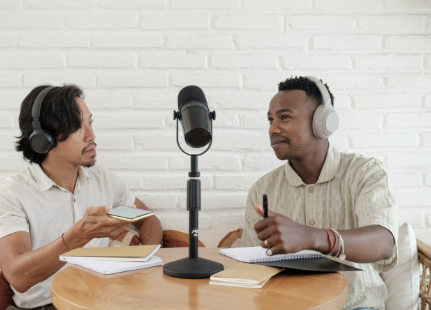Mastering research skills online is an essential part of being a successful student in today’s digital learning landscape. With vast amounts of information readily accessible, students must learn how to effectively search, evaluate, and use credible resources to complete assignments and expand their knowledge.
The first step in developing strong online research skills is understanding how to use search engines strategically. Using specific keywords, quotation marks for exact phrases, Boolean operators like AND, OR, and NOT, and filters for time or content type can help students find more relevant and accurate results. Students should also learn to recognize reliable domains, such as .edu, .gov, or .org, and understand the difference between peer-reviewed journals, news articles, and opinion pieces. Learning how to navigate advanced search features on platforms like Google Scholar gives students more control over the quality of their results.
Evaluating sources is another critical component. Students should consider the author’s qualifications, publication date, citations, purpose, and the presence of bias. A credible source will typically include references, transparent authorship, and a clear intention to inform rather than persuade. Cross-referencing information across multiple sources can help confirm its accuracy and reliability. Critical thinking is essential when navigating online content, especially in an age of misinformation and clickbait headlines.
Organizing research effectively makes the process smoother. Digital tools like Google Docs, Zotero, Evernote, or Microsoft OneNote allow students to save articles, take notes, and create citation lists. Structuring notes by topic or research question can simplify later stages of paper writing. Using citation management software helps ensure that sources are properly credited and formatted according to academic standards such as APA, MLA, or Chicago style. Learning to write annotated bibliographies can also enhance comprehension and help track the relevance of each source.
Students should also familiarize themselves with academic databases such as JSTOR, Google Scholar, EBSCOhost, and ProQuest. These platforms provide access to scholarly articles and research papers that are often not available through general search engines. Knowing how to use advanced search functions within these databases can yield more targeted results and uncover valuable academic insights. Schools and libraries often provide access to these databases along with tutorials to help students get the most from them.
Ethical research practices are equally important. Understanding plagiarism, proper paraphrasing, and citation techniques fosters academic integrity. Students should be taught to respect intellectual property and to view citations not just as academic requirements but as a way to honor the contributions of others. Many schools offer online resources or workshops to help students navigate these expectations. Tools like Turnitin or Grammarly can assist with citation checking and plagiarism prevention.
Collaborative tools can enhance the research experience. Sharing documents with peers for group projects or receiving feedback from instructors through digital platforms like Google Workspace or Microsoft Teams encourages active engagement and continuous improvement. Virtual study groups or discussion boards can also offer support and inspiration during the research process.
Additionally, students should cultivate patience and curiosity during research. Good research takes time and often involves exploring different angles before reaching a clear conclusion. Being open to refining research questions based on initial findings can lead to more meaningful and original work.
In 2025, with the rise of AI-assisted tools and evolving digital education models, mastering online research goes beyond simple searching. Students must combine critical thinking, digital literacy, and organization to effectively gather and apply information. AI tools like chat-based assistants or content analyzers can support students by helping summarize articles,














